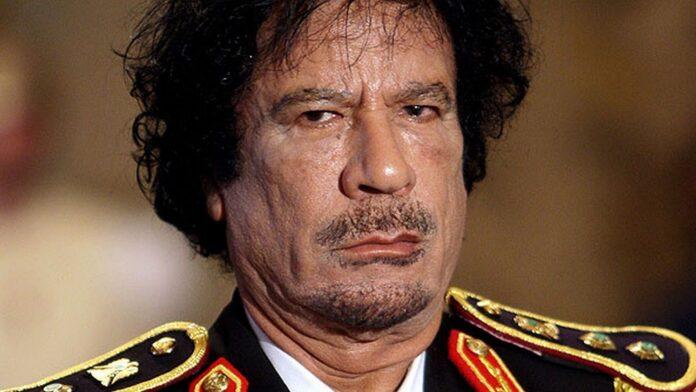Muammar al-Gaddafi Political Career
Muammar al-Gaddafi of Libya was a devoted Muslim and a revolutionist and was born in 1942. Gaddafi was also known as Qaddafi. Qaddafi ruled Libya for more than 45 years, after overthrowing the then-ruler King Idris I on September 1, 1969.
Upon becoming the Armed Forces Chairman of Libya’s new governing body; Gadafi removed the U.S. and British military bases from Libya in 1970. He expelled most members of the native Italian and Jewish communities from Libya that same year. In 1973 he nationalized all foreign-owned petroleum assets in the country. Qaddafi also initiated a range of persistent but futile efforts to unite Libya with other Arab countries.
Qaddafi was an African idealist in his early years, who wanted Africa to be unified as one continent; thereby, further increasing a growing conflict that posed him a threat to the Western international bodies. His nationalist behavior on the international scene increased probes on him; By 1974, international bodies had accused him of funding a wide range of revolutionary and terror organizations throughout the world.
Libya’s alleged role in the 1988 bombing of a civilian air-plane over Lockerbie, Scotland, resulted in UN and US sanctions that further alienated Qaddafi from the international community. However, in the late 1990s, Qaddafi handed over the accused perpetrators of the bombing to foreign authorities. Following Qaddafi’s promise that Libya would discontinue its unconventional-weapons development; the United States withdrew most of its sanctions against Libya in 2003.
Was Gaddafi a good leader? Achievement and growth
In February 2009, Qaddafi was elected African Union Chairman. In early 2010, Qaddafi’s bid to prolong his one-year term as AU chairman was met with opposition from many other African countries and was finally denied.
Although he was termed as a power drunk, one cannot deny he was a great African leader with his magnificent visionary leadership. Per his Green Book, Libyans had to own houses because it was a basic right. The Green Book was his political philosophy, first published in 1975.
Libya under Gaddafi has one of the greatest healthcare systems in the Middle East and Africa. Education and medical care were both provided for free.
Given that Libya is primarily desert, a robust irrigation system was essential to keep life going. Gaddafi’s administration built the world’s largest irrigation system, man-made rivers to deliver water to inhabitants.
Women with newborns were granted a stipend, while Libyans who wanted to start a farm were given a free house, agricultural land, animals, and seeds.
His alleged media and Western-driven propaganda on corruption, military interference in Africa, and record of horrific human rights abuses, however, turned much of the misinformed Libyan population against him.
See History of Independence of All African countries…
The international body’s role in Gaddafi’s death
In 2011, an uprising revolt began. Al-Qaeda, North Atlantic Treaty Organization NATO) and United Nations Security Council supported dissidents attempting to overthrow Qaddafi’s government; Military arms and troops were obtained from these international bodies, which included France, the U.K, and the United States.
A NATO air assault on Qaddafi’s Bb al-Azziyyah residence in Tripoli on April 30 killed Qaddafi’s youngest son, Sayf al-Arab, as well as three of Qaddafi’s grandchildren. Qaddafi, who was at the targeted residence at the time of the attack, escaped unharmed. Following the airstrike, NATO denied that it had pursued an assassination campaign against Qaddafi.
On October 20, 2011, Gaddafi was killed in Sirte, his birthplace, after months on the run. His last words were “Don’t shoot me. What did I do to you”
Libya since Gaddafi
10 years after the death of Muammar al-Gaddafi, Libya has been faced with war, chaos, and economic downtime. A functioning economy during his reign is in shambles, which is why international meetings on Libya were conducted in Paris on Friday, November 12th, 2021, to determine whether the economy can be salvaged.



